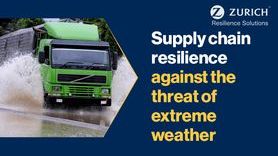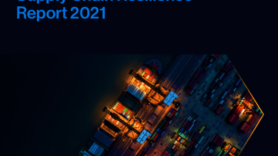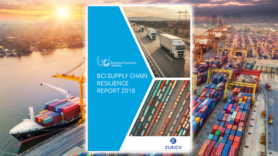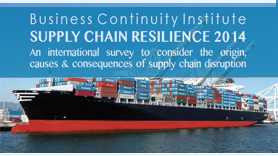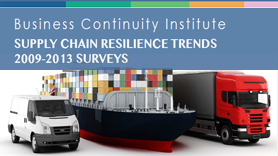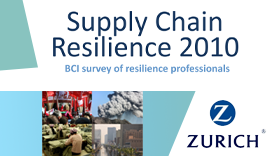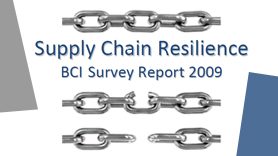Nando’s restaurant hit with Post Brexit Supply Chain failure

Up to 50 restaurants have been shut down due to a significant shortage of Peri Peri Chicken
The South African fast food chain has been hit by a significant supply chain failure, in one of its largest markets, the United Kingdom. A significant shortage in their signature Peri Peri chicken dish caused a flood of complaints on social media by frustrated customers. Closures across England, Scotland and Wales lead to the sudden anguish caused by a labor issue associated with Brexit.
Competitor KFC announced last week that the restaurant was also facing a shortage of key items on their menu, and that packaging may appear different.
Independent Supply Chain Risk Consultant, Nick Wildgoose told The BCI the underlying cause of the KFC and Nando’s chicken shortages ‘arise out of a shortage of Eastern European labor, following Brexit’. He said, “The UK chicken producing industry has relied substantially on this workforce, and with the reopening of more restaurants in July driving up demand, this has created more pressure on their remaining resources. This in turn has been further impacted by short term COVID-19 isolation rules, issues around a shortage of HGV lorry drivers, and other challenges in the food supply chains, such as those related to packaging.”
He went on to say in the short and medium term, easing of immigration regulations and the hiring of local employers may help to mitigate the risk of further shortages.
British poultry producers have reported that claims around self – isolation being the primary cause of the crisis, are not completely true. Brexit was cited as the common denominator in concerns around recruitment and a significant loss in the workforce. Avara Foods told Sky News that while worker shortages ‘would be temporary’ many issues associated with the UK’s departure from the EU would continue to arise.
Many industry sectors are struggling to adjust to the rising demand which has grown substantially since 2021 which has continued to cause shortages in various industries. Nick says that adaptation, transparency, and software solutions should be the key focus of businesses around this time.
He said, “The key capability that organisations need to achieve in their critical supply chains is that of agility, this requires transparency through mapping of whole supply chains that takes account not only of your direct suppliers but also the suppliers or subcontractors they rely upon. There are increasingly software and data solutions which enables you to better achieve this in a cost-effective manner, these changes to drive resilience need to be driven by top management.”
As the disruption is expected to continue over the coming months, the UK Governments focus is on hiring more UK workers by improving salaries and working conditions. But the strategy around ‘building a resilient domestic workforce’ rather than outsourcing a workforce from overseas could take months. The urgency around solving the crisis now is amplified by the amount of key products missing not only from restaurants, but also supermarket shelves.
Further risks lying ahead mean companies may look to operate with more of just in case approach, as it looks better to be safe than sorry. Nick went on to say, “It needs to be recognised that even as the world starts to recover from the various supply chains challenges caused by COVID, there will be other issues associated with for example climate risk, cyber-attacks and geopolitical tensions. Given that companies compete in terms of their supply chains, achieving appropriate resilience will be key.”




